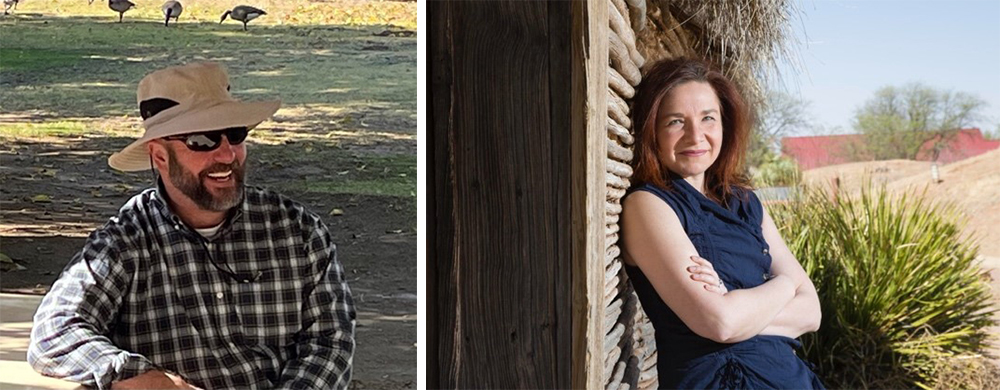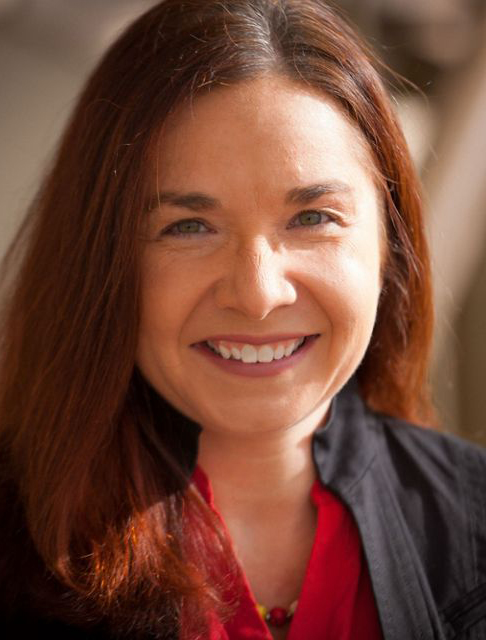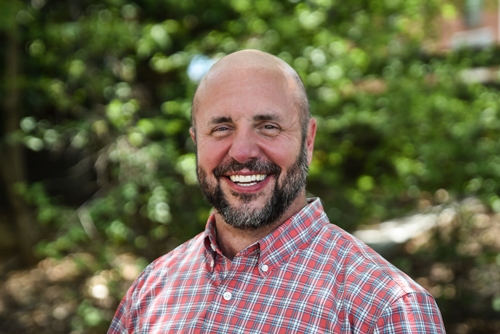In Season 7, Episode 11, host Sarah Thorne and cohost Jeff King, National Lead of the Engineering With Nature (EWN) Program, US Army Corps of Engineers (USACE), conclude their in-depth conversation with Katharine Hayhoe, Chief Scientist of The Nature Conservancy (TNC). In Part 3 of our special three-part series, Katharine talks about her role as an advocate and her mission to inspire others to take action on climate change. Her bottom line is that you don’t have to be a top climate scientist to make a difference—we can all get involved.
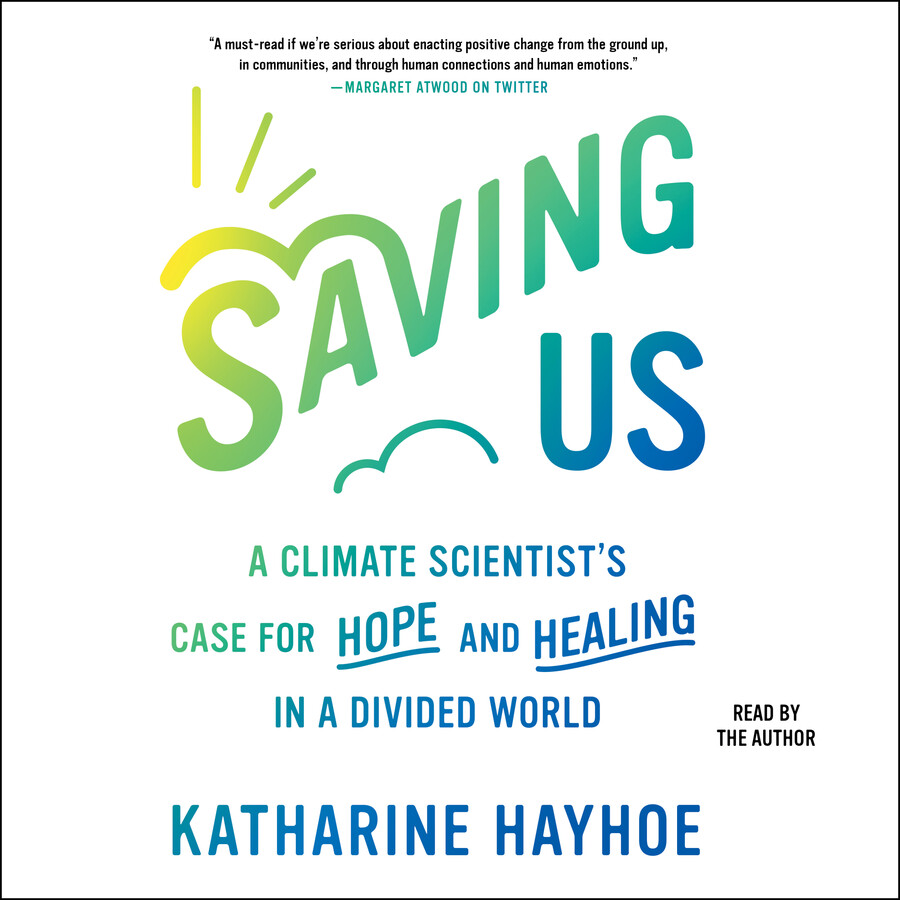
As a scientist, Katharine is an advocate for understanding the social science of how humans interact with information. “So often we physical and natural scientists feel like: ‘Oh, you just tell people the truth. Surely, they’ll do the right thing, right?’ Well, what social science tells us is no. If we haven’t made that head to heart to hands connection, nothing is going to happen in the right direction, especially pushing against the accumulated inertia of our fossil-fuel based economy and society.”
Katharine notes the work of the Yale Program on Climate Change Communication, which finds that people’s assumptions about what others think about climate change are usually wrong. “We assume that we care and very few other people do. We assume that we’re doing things and nobody else is. We assume that nobody else is worried except me and my friends. We need to make everybody else worried. But actually, they’re already worried. They just don’t know what to do. So, they don’t want to talk about it.”
The Yale Program also found that while most people agree that climate change affects plant and animals, they believed it would only affect people “in the future” and people who “lived far away in developing countries” and not themselves personally and additionally that they don’t talk about or hear other talk about climate change. Katharine was surprises by that finding: “To me, that was an eye opener and a game changer—something so fundamental to human society and human accomplishment, the idea that we talk about something together. If we don’t talk about it, why would we care? And if we don’t care, why would we ever do anything about it? Talking is a requirement to humans working together.”
Katharine’s climate change advocacy is focused on talking about and encouraging other people to talk about climate change. She has initiated and supported multiple channels of communications on climate change, including her TED Talk in 2018, The Most Important Thing You Can Do to Fight Climate Change: Talk about It; her personal social media accounts and her Newsletter, Talking Climate; her recent book, Saving Us: A Climate Scientist’s Case for Hope and Healing in a Divided World; and her work with organizations like the Potential Energy Coalition and Science Moms. Jeff reflects on how inspiring and inclusive Katharine’s message is: “One of the things that I found truly inspiring was that in order to get to a better future, we need to have a vision; and as part of that, we need to have artists be involved and to help us see what that future might hold. For me, this really gets to the point of diversity. That yes, we need the scientists. We need the ecologists. We need the engineers. We need the social scientists. But you’re inviting everybody to the table, including artists.” As Katharine describes it, “We need people painting the pictures with words, with art, with music, with visual art, with spoken art, with every way we can. We need those visions because neuroscience tells us that fear paralyzes us. Fear will give us that knee jerk reaction to run away from the bear, but it won’t sustain us long term. What sustains us long term is the possibility of something better.”
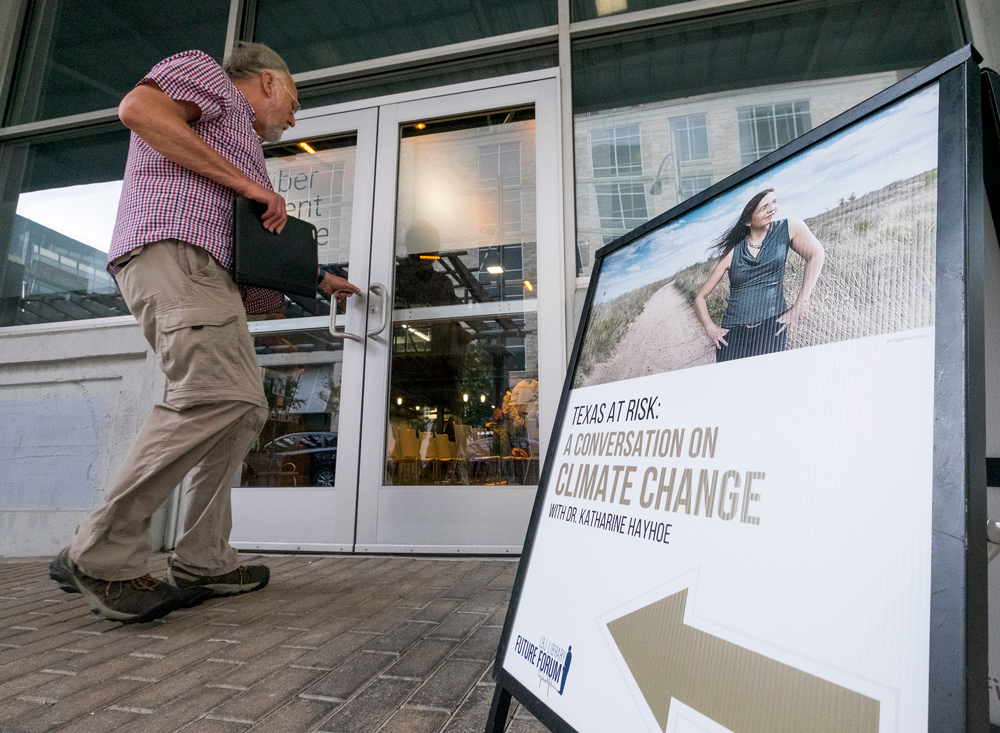
Katharine plans to continue her tireless advocacy along many fronts. Her academic work is focused on developing and evaluating high-resolution climate projections and preparing for impacts and increasing resilience planning. As Chief Scientist of TNC, she is dedicated to supporting and advancing the work of TNC scientists through mentoring, training, and education programs. And she is going to continue her work with faith-based communities to advocate for climate action—including being the first plenary speaker at this year’s World Evangelical Alliance annual meeting.
Jeff closes by admiring Katharine’s ability to be ahead of the curve by anticipating climate change scenarios and what can be done and he compares her skill to another well-known Canadian, “That reminds me of Wayne Gretzky. How was he able to do so well with scoring goals? He basically said, ‘I just skate to where I think or know that the puck is going to be.’ That’s exactly what you’re saying here. We need to be thinking well out into the future and then leaning into those certain outcomes that we can anticipate and planning accordingly.” He adds, “Katharine, the message I am really drawn to is your ‘head to heart to hands’ message. I want to use that and put it into practice in the Engineering With Nature program. It is truly inspirational.”
This concludes our conversation with Katharine. We hope you enjoyed this special series!
